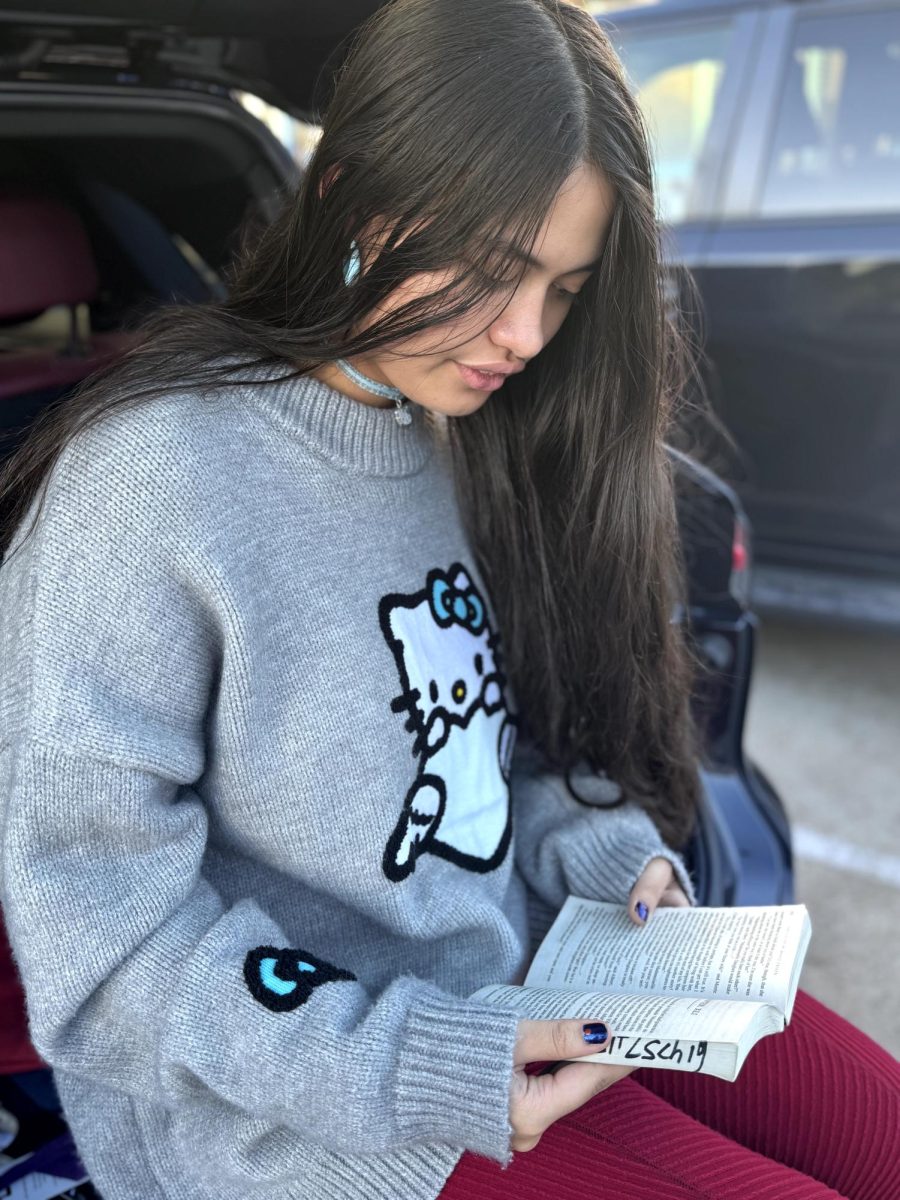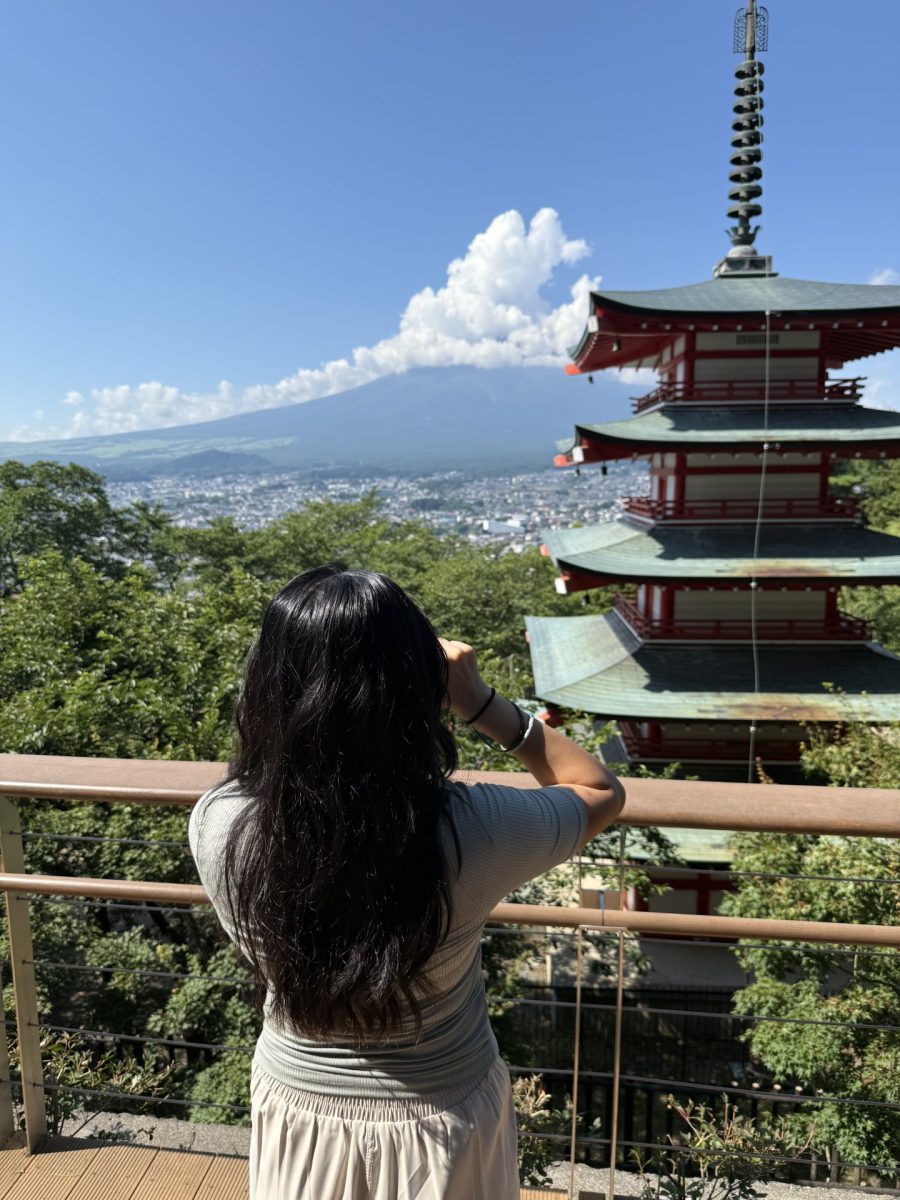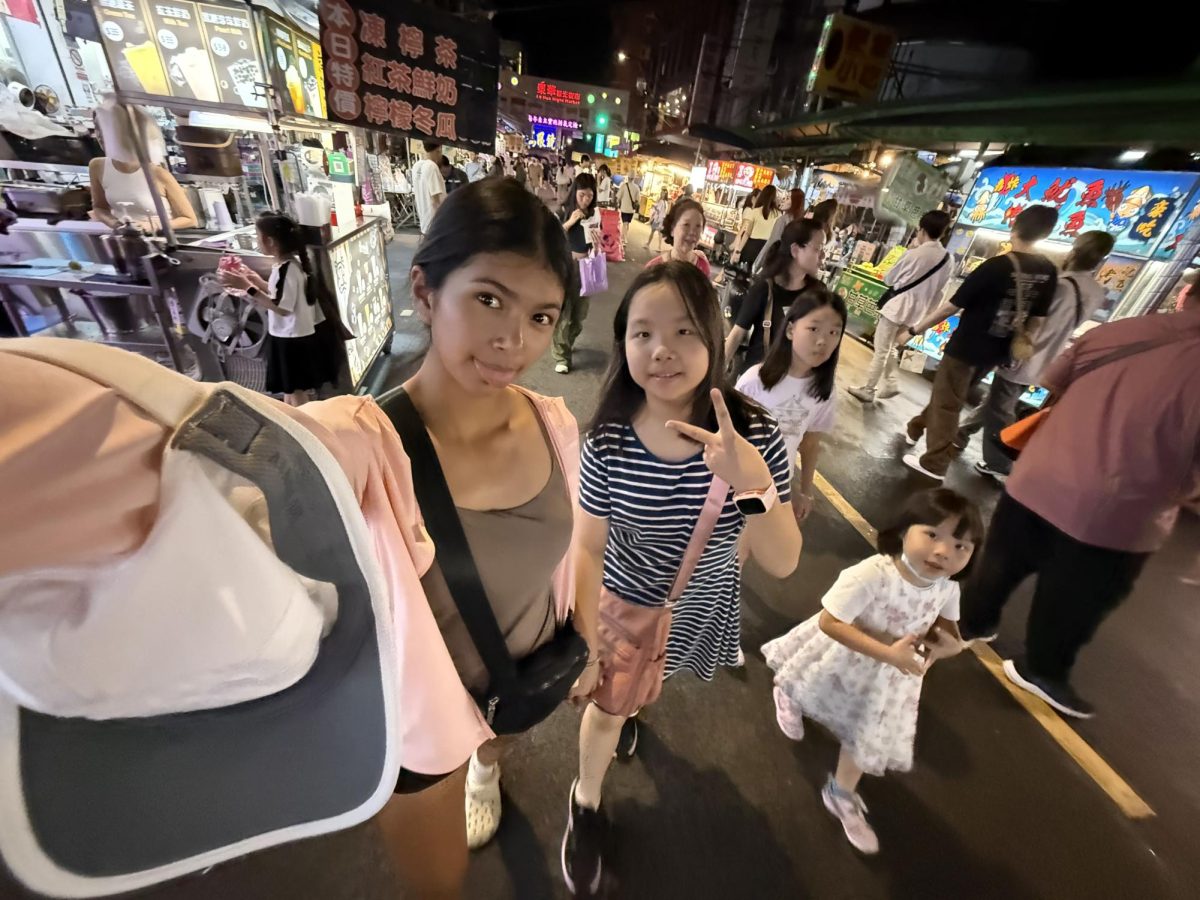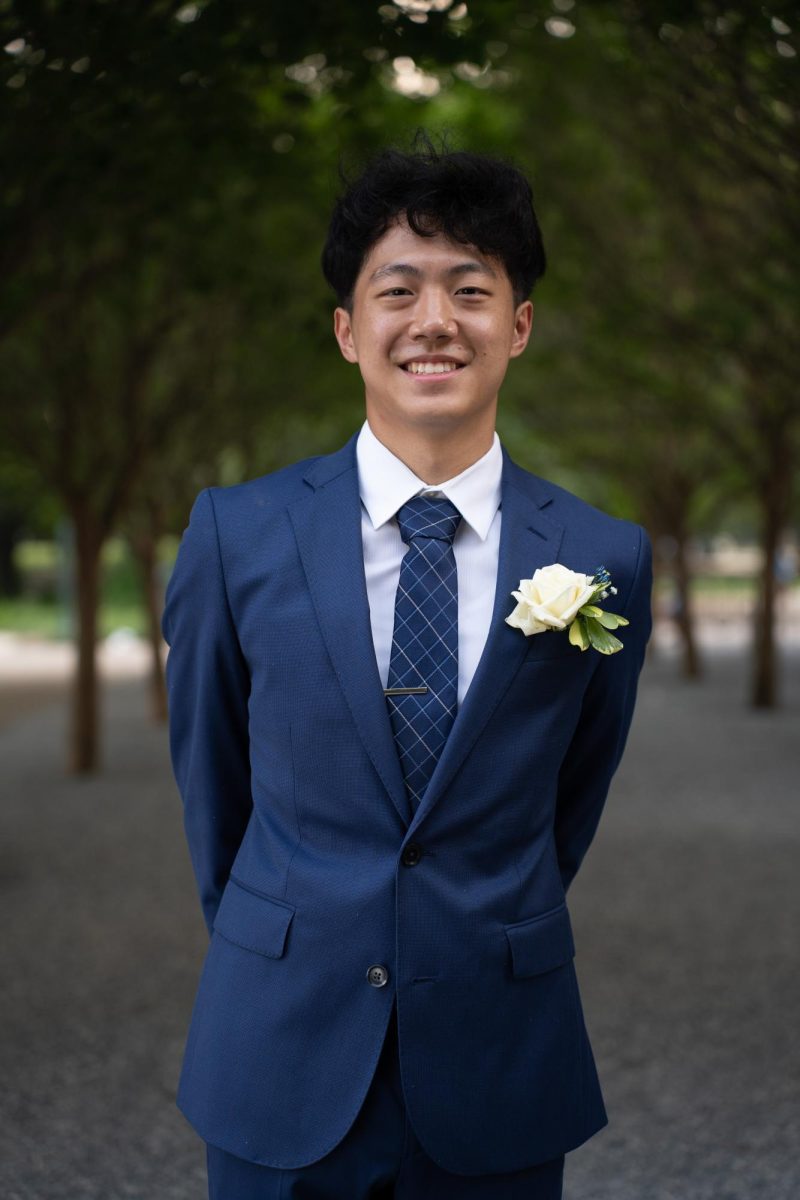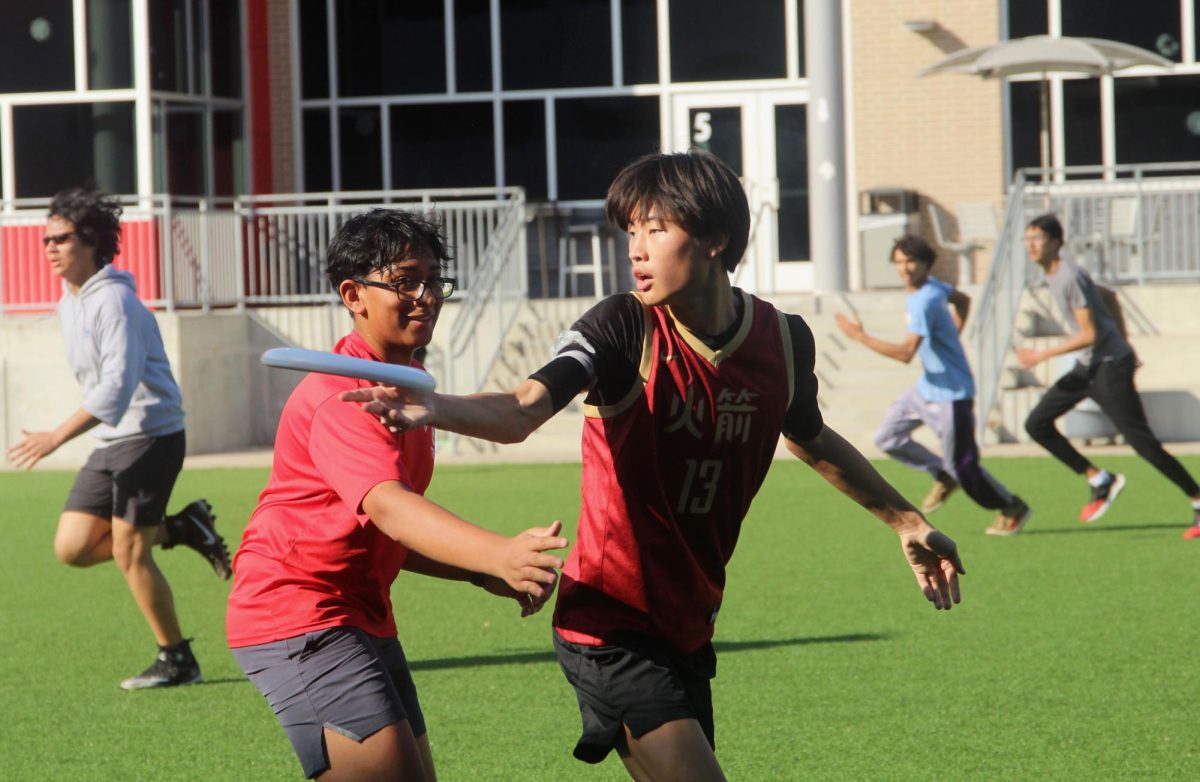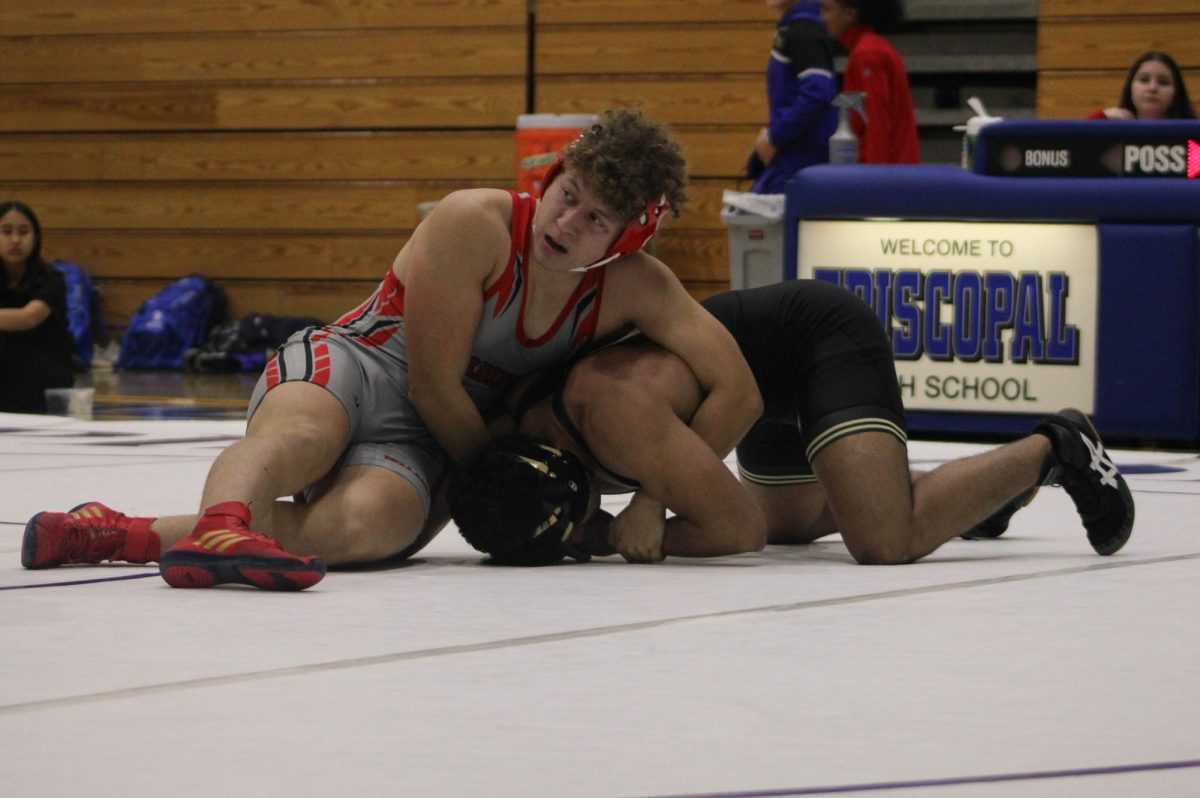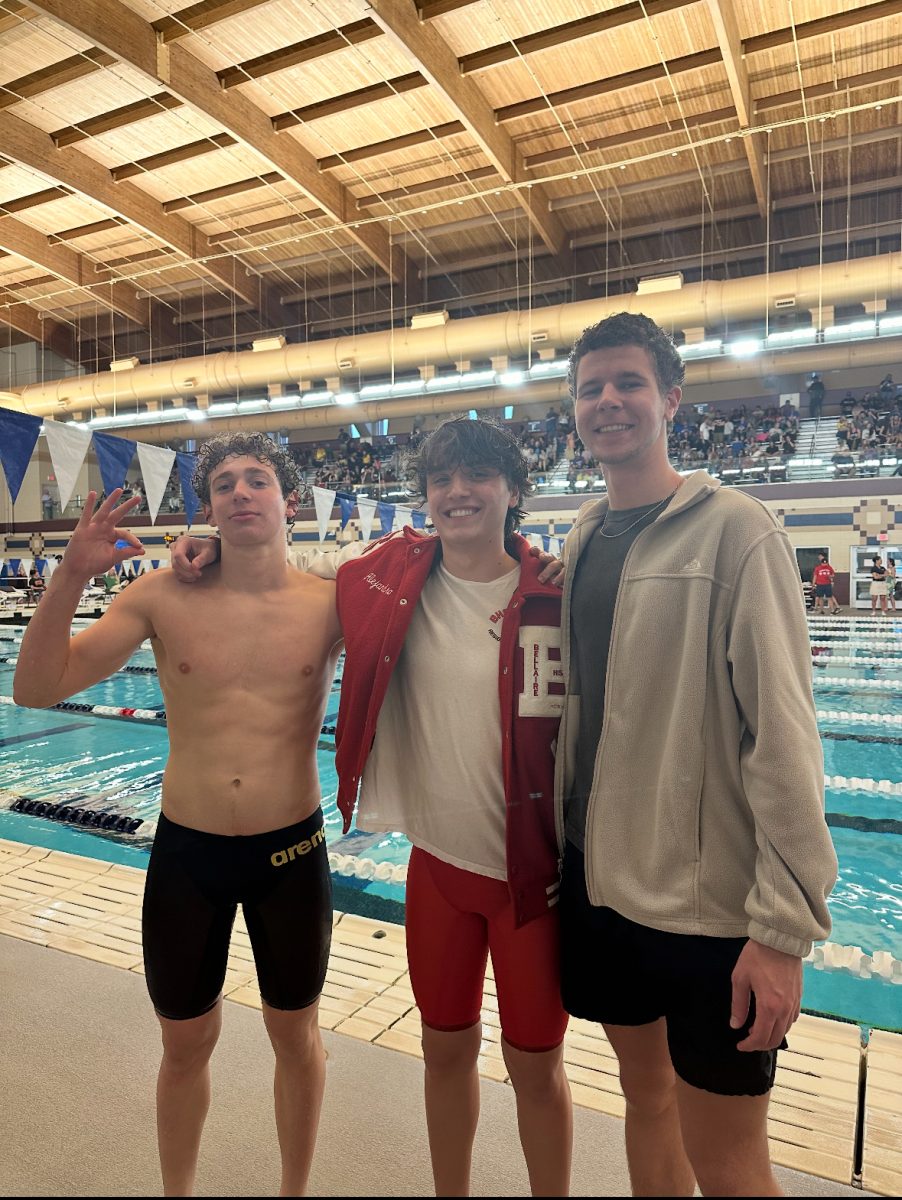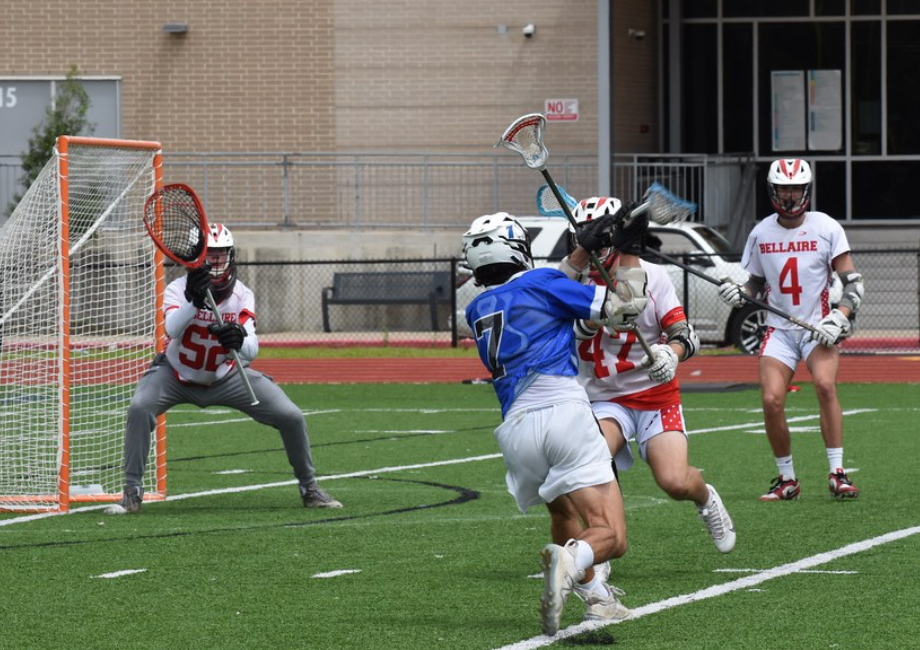“In second grade, I was taking this reading test, and I remember really struggling. I saw all my classmates finish one by one until I was the only person taking the test, and I hadn’t made any progress. I just started crying. So my teacher took my paper and said, ‘You don’t have to do it.’ Afterward, I was diagnosed with dyslexia.
[Being dyslexic] sometimes made me nervous because I knew I wouldn’t be fast doing [assignments]. When I was younger, I’d always be a little behind everybody, so sometimes it [gave me] extra stress. I [used] to cry because of it. In middle school, I was confident in myself, but in ninth grade, I was more conscious of being slower even though I had more time to work. [But] my family [was] always supportive of me and very kind, and they helped me with everything. My mom, dad and sister would always help me read.
It makes sense that I’m dyslexic because my dad when he was younger, struggled [with it] and thought he was not the smartest. My grandfather especially struggled with writing and reading; his teachers called him stupid. But he ended up being an engineer, and my dad [became] a doctor. It didn’t stop them.
It takes me longer to read stuff, and I have to put in more effort, but I also feel it’s something that has helped me a lot since I have a disability. I have to work harder. I remember reading and stumbling a lot, so I’d always try to volunteer myself to read so I’d get more practice. I struggled asking teachers to read something for me, but I’ve learned to be confident in myself and just ask. What [dyslexia] taught me to do is [to] stand up for yourself because sometimes you will have accommodations, but you feel weird using them when everyone else doesn’t. You have to be proactive for yourself.
I always try to take my insecurities and be proud of them. I [want] to be open with dyslexia, so when I’m older, it will help me be confident in my skills and not question myself. It’s not a disease I have. It’s just how my brain functions. A lot of people have disabilities, and a lot of people either get defined or labeled [by them]. [But] that’s just a part of you. It’s not your whole self. I think I’m always going to be like, ‘I can do this, and [dyslexia] is not a disability.’
I’ve always been proud of [being dyslexic] in a way because it means you’re artistic, and [it] keeps me going and trying [to do] better. There was this girl in my middle school and she said she didn’t want to do work because she was dyslexic. For me, that felt like an excuse because this other girl and I were also dyslexic but getting straight A’s. You still have to work hard like everybody else. You [may be] dyslexic, but the dyslexia is not who you are. It’s just a view.”


